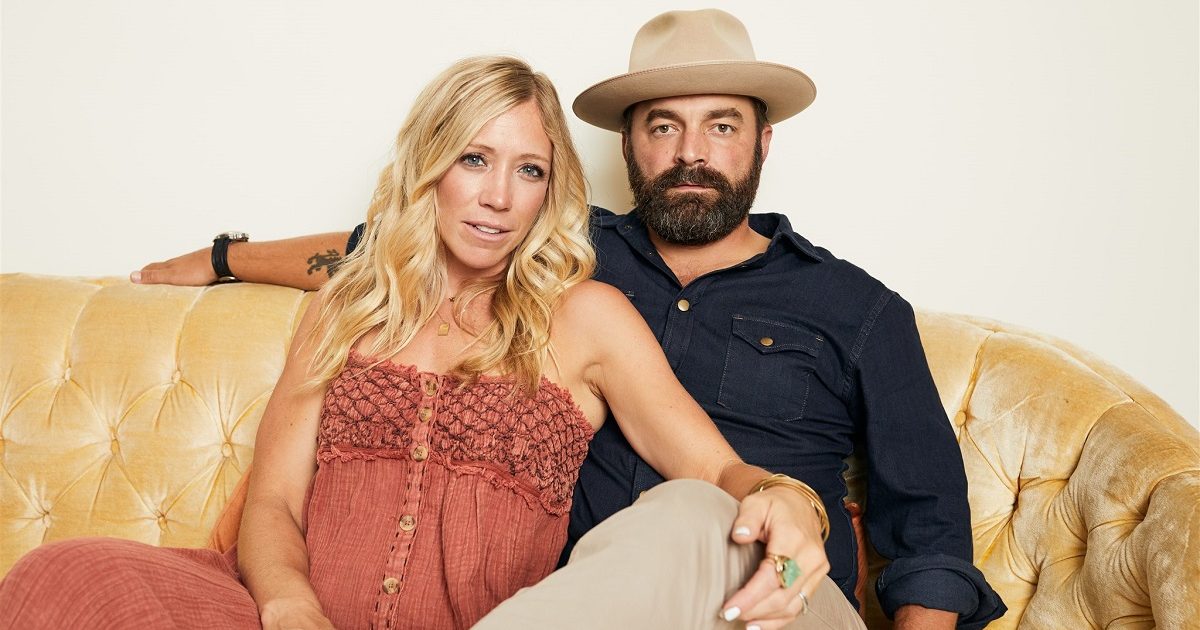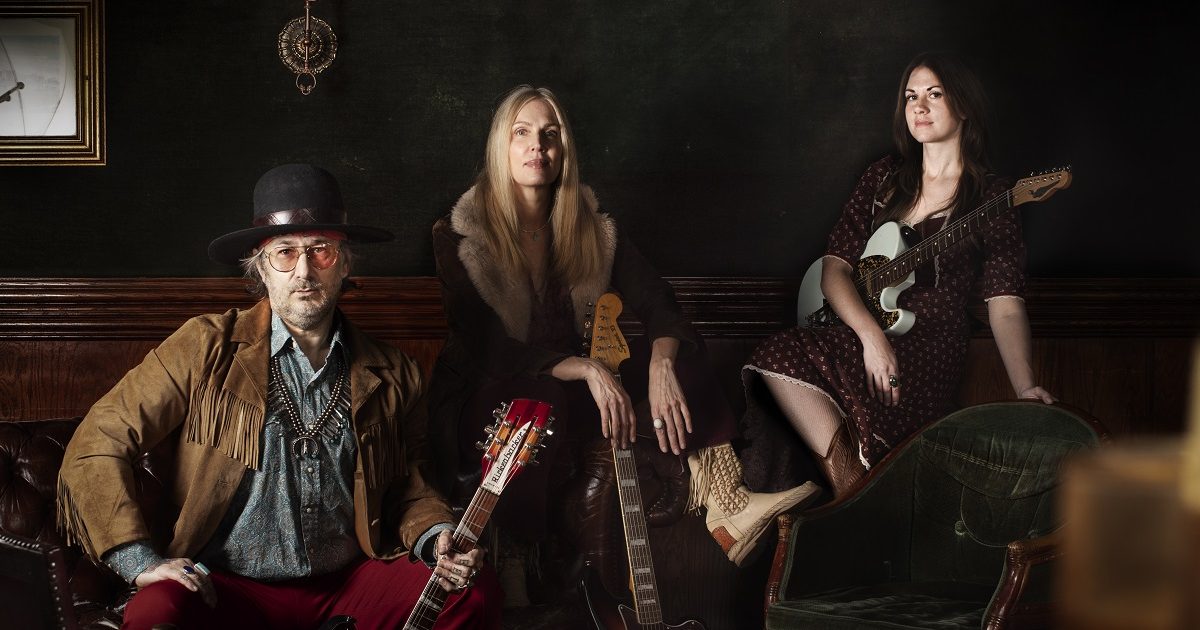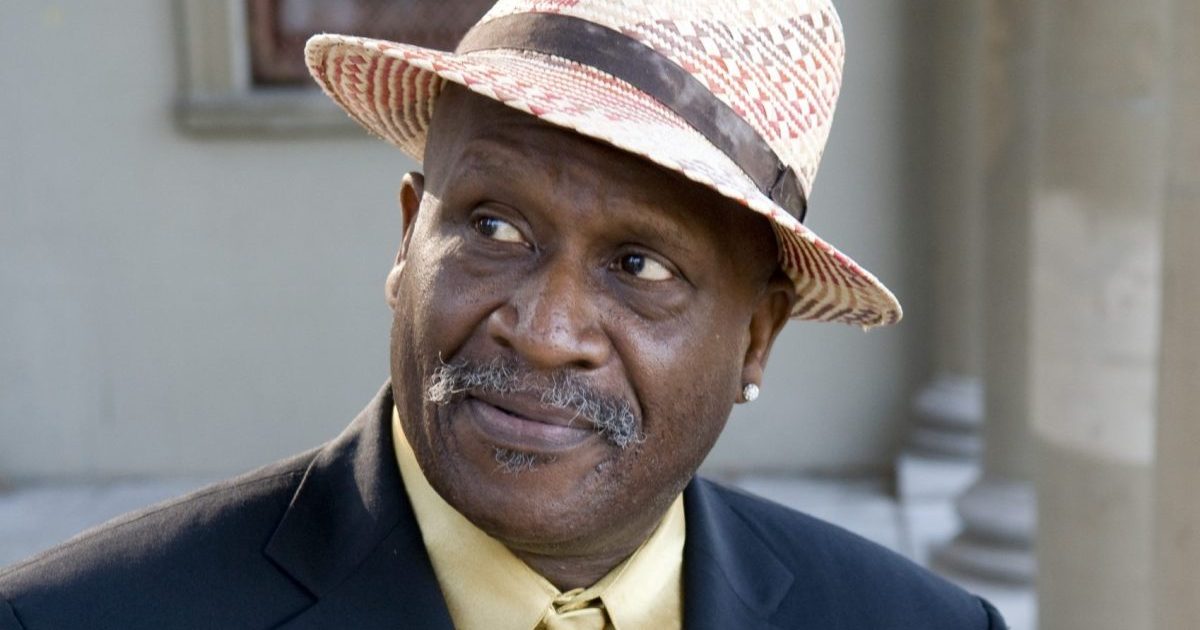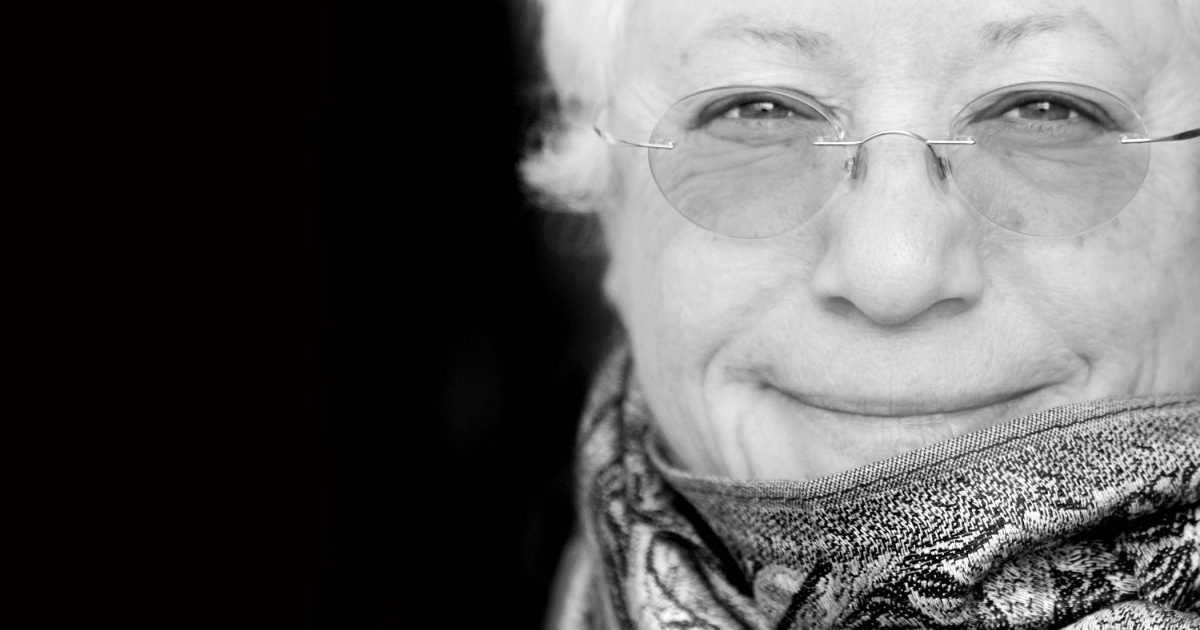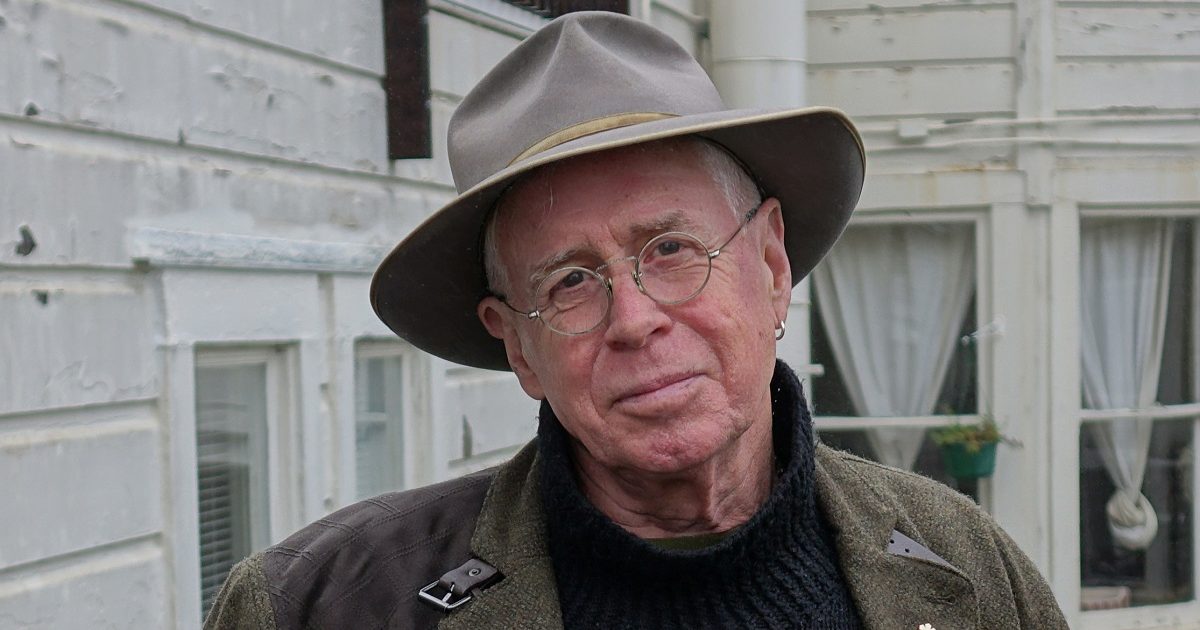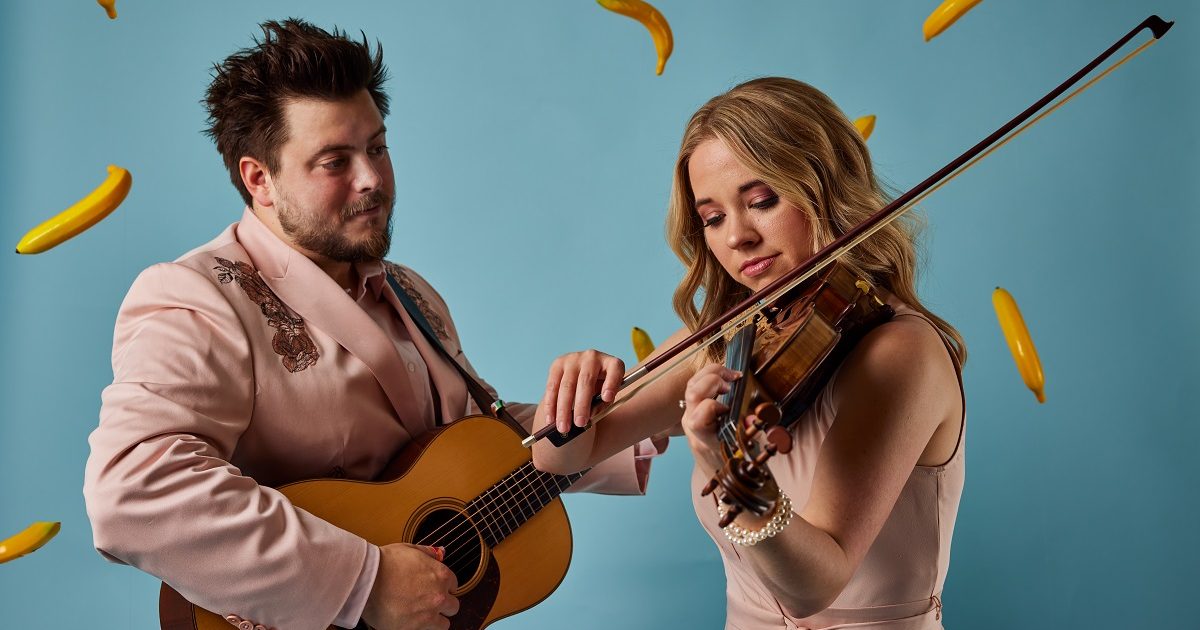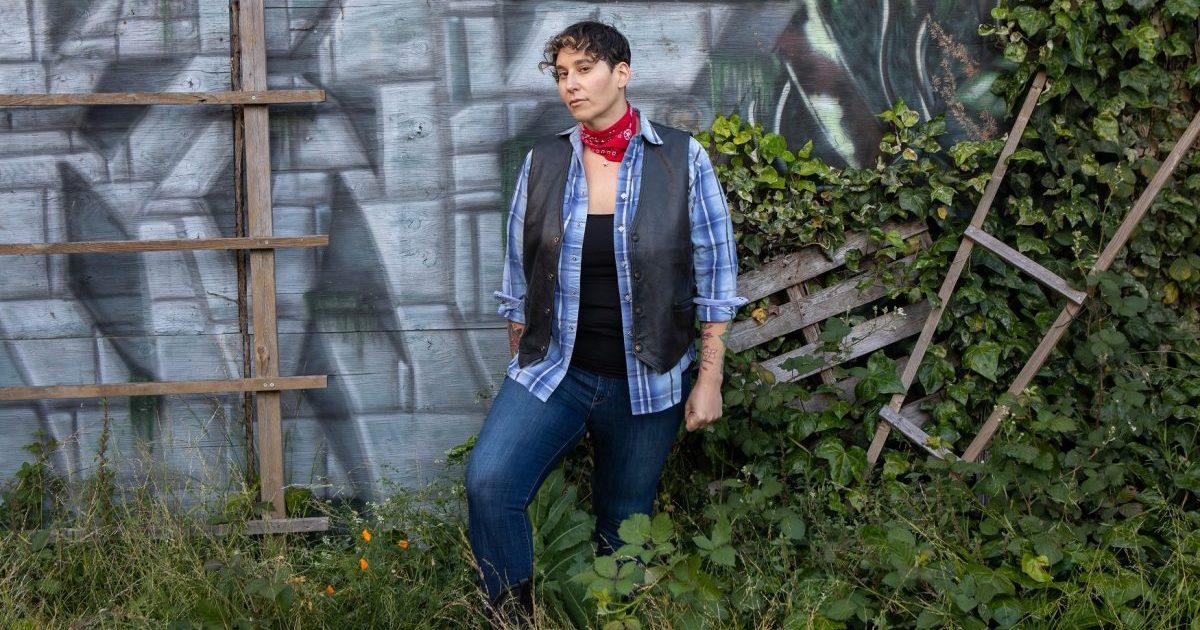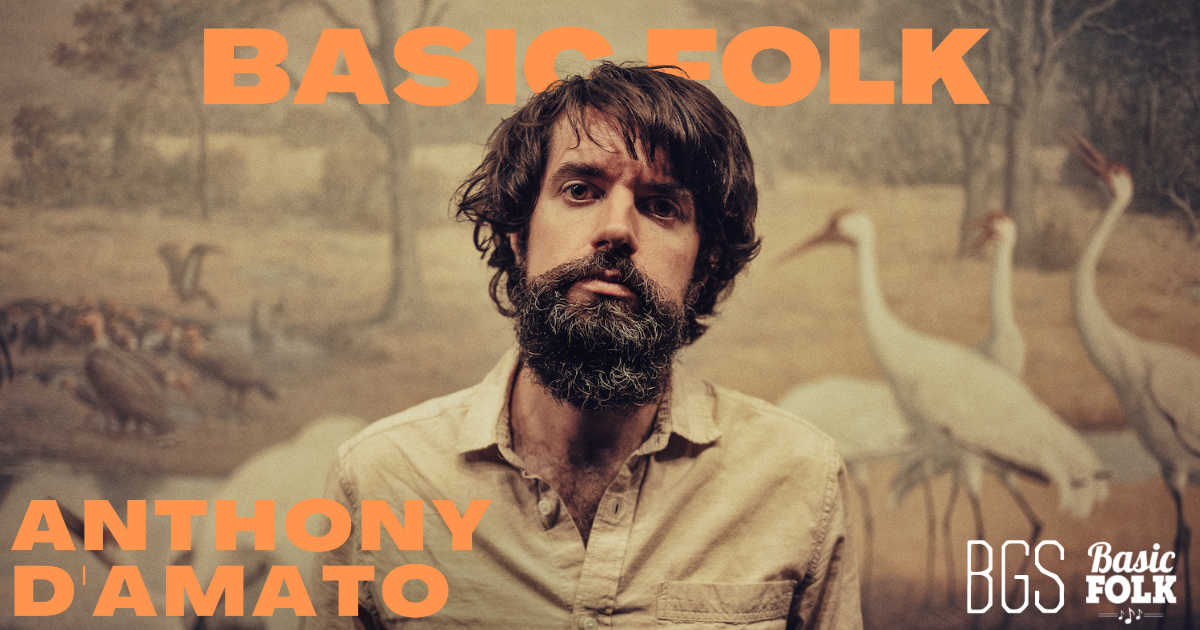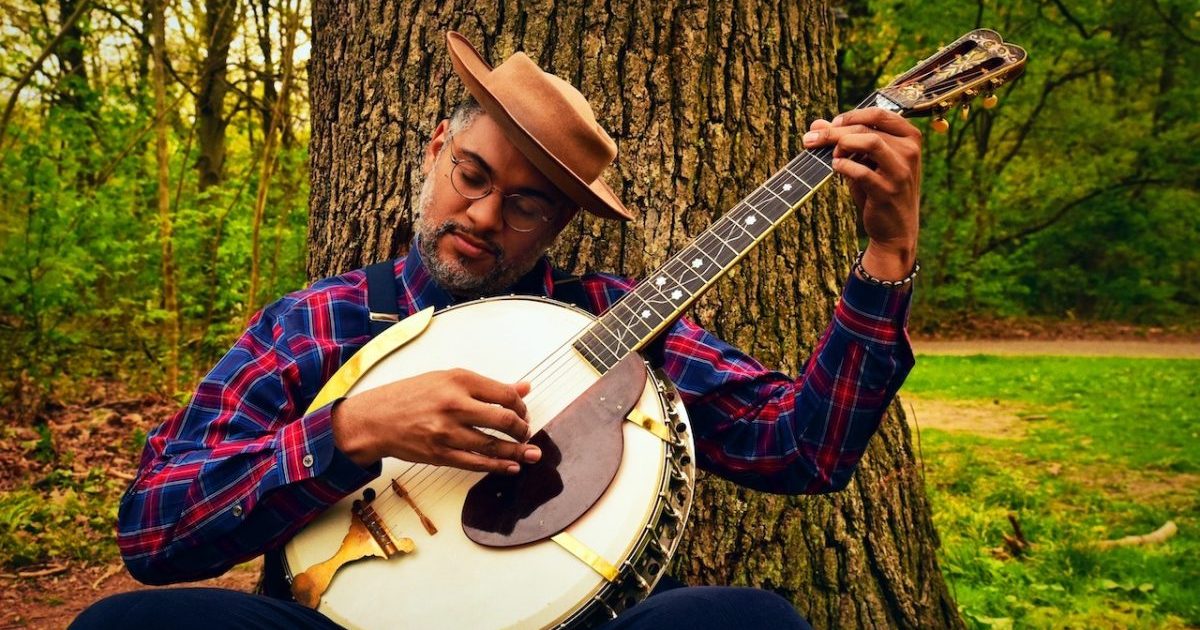That old adage about God laughing at the plans of meager humans hit home in bittersweet fashion for Janis Ian. The legendary singer-songwriter was in the midst of an incredible victory lap: Her stunning studio album The Light at the End of the Line, released early in 2022, received critical accolades, nabbed a Grammy nomination for Best Folk Album, and ushered in a Lifetime Achievement Award from Folk Alliance International. She had begun a final tour when a spring bout of laryngitis led to a diagnosis of vocal fold scarring, a condition that would make live performances impossible and forced the cancellation of her remaining tour dates.
When Ian spoke to BGS last month, her speaking voice was clear and cheerful, even when recounting the tough break mentioned above. She had plenty of reasons for hope and happiness anyway, as she talked about the recording of and response to The Light at the End of the Line, a newly remastered CD version of her classic 1975 album Between the Lines, and other memories of her monumental career in music.
BGS: First of all, how are you feeling, with regard to your vocal cord injury?
Janis Ian: It’s a little weird. I wouldn’t have expected that I’d be forced to stop. The plan was always that I would go on and sing until May 31, 2023, and then close out with a big concert in Dublin, have all my friends join me for a documentary they’re making about me, and then do one-offs with my friends. To suddenly not be able to do any of that, I’m still in shock, but I’m getting through.
Well, if The Light at the End of the Line is your last album, you certainly went out on a high note. There is such ease about the record and a sense of grace.
I love to hear that. A sense of grace.
Did it feel that easy making it, or was there pressure knowing that it was the last album?
I didn’t think about it being the last album until I started looking at the list of songs and realized that it had been 15 years since the last one. I kept a whiteboard of songs that I thought were really good, that lived up to the mark. One day I looked at it, and I added one song and I thought, “All I’m missing is the title song now.” From there, this one probably fell into place more easily than anything I’ve ever done.
I put off writing the title song as long as I could because I didn’t want to write a farewell song. And I wanted to walk that thin line between saying thank you and being maudlin. The song was in scraps of paper all over the house. My wife kept going around the house picking them up worried that I would throw them out. The idea for the bridge was on the back of a paper plate. I wrote it down and she kept saying, “Please don’t eat off this now.” When I looked up, I had an album of first-take vocals. So that feels really good too. Given what’s happened to my voice, it’s nice to know that at that point, the first take was the final take.
I’ve read in other interviews that you normally don’t set out to write a song with a predetermined topic in mind.
Pretty rare.
But because you intended this to be your last record, were there certain topics that you wanted to hit?
I felt like it was important to step out. It was important to be brave. It was important to have a song like “Resist” on there. It was also important to be hopeful and have something like “Better Times Will Come.” I really wanted to walk the thin line between those two, between everything has got to start changing and yet it’s hopeful.
You mentioned “Resist,” and to me, the honesty and fearlessness of that song harken back to “Society’s Child.” I was looking up videos of you performing it back when it was released. In one, you’re introduced by Leonard Bernstein, who gushes over the brilliance of the song. In another, it’s on The Smothers Brothers Show and they’re joined by Jimmy Durante in introducing it! Can you wrap your head around the longevity you’ve had in the music world, from that song being released in 1966 to a Grammy nomination in 2022?
You know, I went to my throat doctor for a follow-up yesterday, and he said to me, “58 years is an incredible run. Most artists, it’s 15 years until their voice goes.” I thought about that and the line that I always heard from fans on tour was “Gosh, you sound just like you’ve always sounded.”
How much has the reaction to the album meant to you, not just from critics, the Folk Alliance, and the Grammys, but also from fans?
I have a pretty personal relationship with my fans. I learned after “Society’s Child” not to be afraid of them. Up until COVID, I stayed after every show to sign and to meet people. I always emphasized you don’t have to buy anything to say hello or to get a hug. And I really saw what songs like “At Seventeen” meant to them. It’s very moving. So, to put out something like this and have the fans rooting for me, it’s pretty great. I remember on Facebook when I did the announcement about canceling the tour, it killed me. We were all set, and there I was saying there’s not going to be a tour and there aren’t going to be makeup dates. When I announced it, I expected blowback. I expected people to be annoyed. I was shocked. I had 10,000 positive responses.
A lot of those fans have followed you through the years, with your music accompanying them in different stages of their life. Was that the thought process behind including a song like “A Light at the End of the Line,” to address yet another stage?
The interesting thing about that song and “I’m Still Standing” is that I thought those songs were for people 50 and over, people of my generation. The most feedback I’ve gotten has been from people 15 to 25 years old. The first time I sang “I’m Still Standing” was for two other songwriters aged 19 and 20. And the woman started crying. I said, “You can’t possibly relate to this.” She said, “This is the story of my life. You just told what I’ve been going through.” There’s a lot to be said, as a writer, for keeping in mind that you don’t know what you’re talking about. (laughing)
Switching gears to the reissue of Between the Lines, that album possesses such variety in terms of musical styles. It is far from a typical “singer-songwriter” record in that respect. How important was it to be able to put out a remastered version that captures those original sounds?
I got control of the record everywhere but North America. I started talking to Sony and basically said, “You’ve been using the same thing that you had out in 1983. Please let me go in and remaster. I’ll pay for it. Give me permission.” That was part of why I brought in Brooks Arthur. (Arthur passed away this past October after working on the reissue.) He was the original producer/engineer. At the time he was running Adam Sandler’s music business. Bringing in Brooks was like saying, “I’m not throwing it out. I’m not getting rid of what was there.” But I wanted to know what would have happened if Brooks had worked with this kind of equipment. And that’s what we did.
You can’t take away that it was recorded in 914 Studios (in Blauvelt, New York) that was held together with spit and glue. The best kind of studios are. They’re the least fancy. But you could take advantage of things like being able to remember mixes. It was great to be able to remaster it and feel like finally the CD was commensurate with what the album had been.
Did you feel at that time you were pushing boundaries with a radio song like “At Seventeen,” and did anyone ever try to rein that in for commercial reasons?
I think by then that I didn’t really care what anybody else thought. (laughing) There was pressure on it. I threw my then-manager out of the session because she kept saying that I was destroying a potential hit. Brooks and I had absolute faith in the song and so did every musician who played it. There was some pressure from the record company to drop the second verse and make it a three-minute song. But instead, Brooks did that brilliant little Bucky Pizzarelli guitar lick and made it a single.
Do you remember writing that opening line “I learned the truth at seventeen,” and did you immediately feel like you had something special?
Absolutely. That was one of maybe three songs in my life where I thought, “I think I’ve written a radio-friendly song.” That’s not my forte. People like Diane Warren, they do that without even thinking. It’s a real talent that I don’t happen to have. But I knew from that first line that I was onto something special. It was really scary. I didn’t want to blow it.
You plan to focus your artistic impulses on other endeavors besides music, but what happens if something pops into your head and heart and wants to be a song?
Fortunately for me, I notate. There’s still always music running in my head. That hasn’t changed. I could probably limp through a demo and make myself understood enough to send it to another artist. It’s just I can’t hold my pitch for an extended period, which means I can’t do two or three songs in a row. And my voice gets gravelly without warning. At that point, I’m Tom Waits. OK, there are worse things to be.
Is there one aspect of your career of which you’re the proudest?
That’s a good question. I think recognition from other artists. Because really, that’s the mark you try to hit. Leonard Cohen loved my work. And Leonard is the mark that you’re trying to hit if you’re me as a songwriter. Ella Fitzgerald thought I was a great singer. That’s a mark you try to hit. The people who I work with and whose records I grew up with, people like Joan Baez. Joan never goes anywhere these days but she came to my last show in Berkeley. She came backstage and said, “So you’re really doing it?” And I said, “Yep, this is the last tour.” That somebody like Joan cared enough to call me when she heard that I was having vocal problems, that’s meaningful to me.
And that’s not to denigrate the fans, because clearly they’ve meant a great deal to me and they’ve been really good to me and understanding. It’s the fans that raised all that money, $1.3 million, for the Pearl Foundation (a charity Ian founded with her wife Patricia Snyder) because I couldn’t raise all that on my own. But for me, the highlights are the fun I’ve had with other performers. Playing guitar, playing lead guitar with somebody like Tommy Emmanuel. Walking on stage with somebody like Chet Atkins and Michael Hedges. Those are amazing memories.
Thanks so much, Janis. I have to say I’ve never done an interview that encompassed both Leonard Bernstein and Adam Sandler.
That’s a good span! (laughing)
Photo Credit: Niall Fennessy
